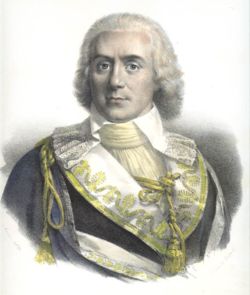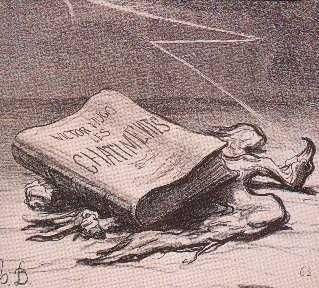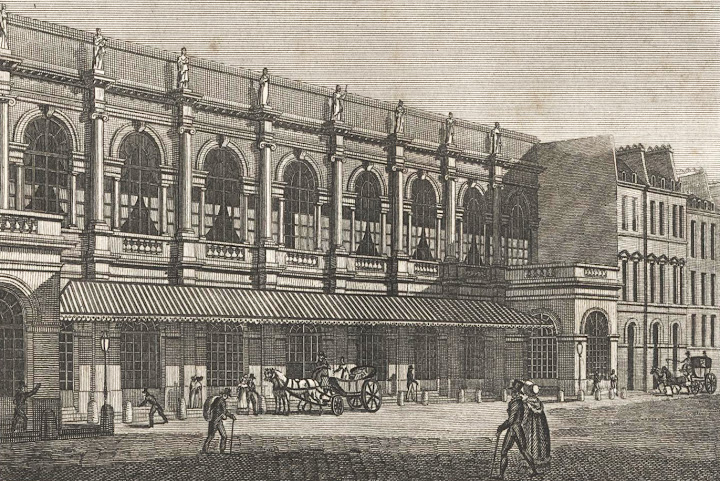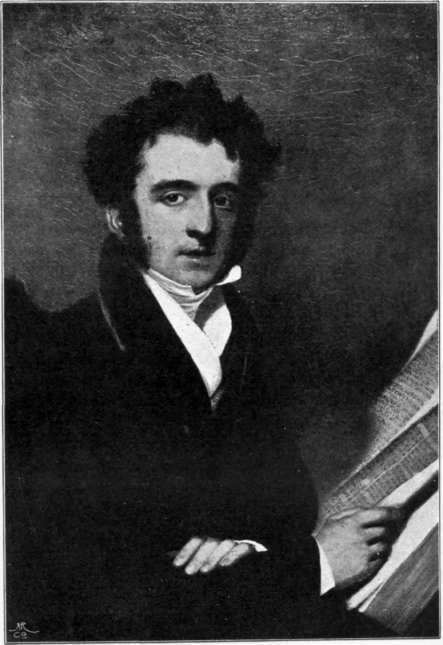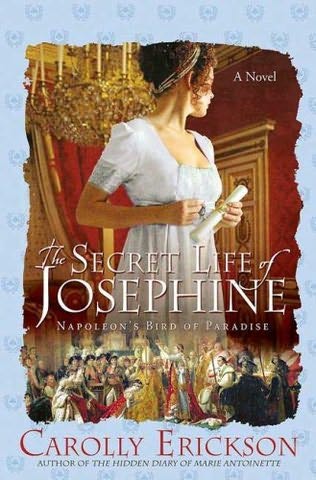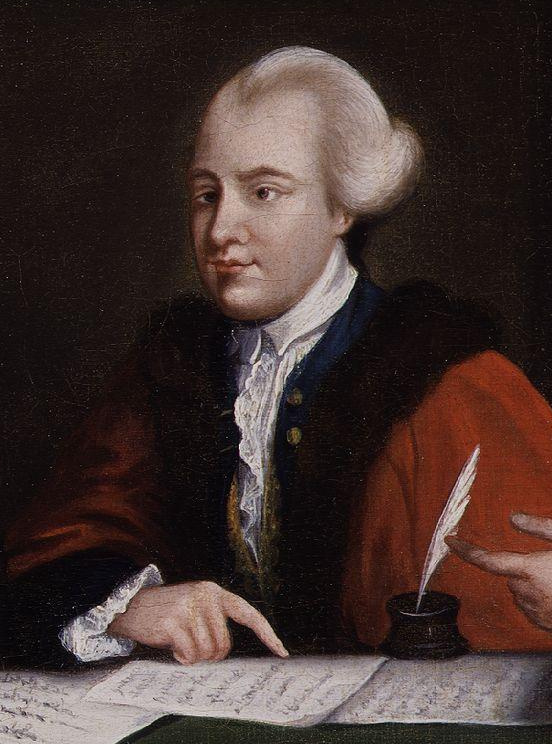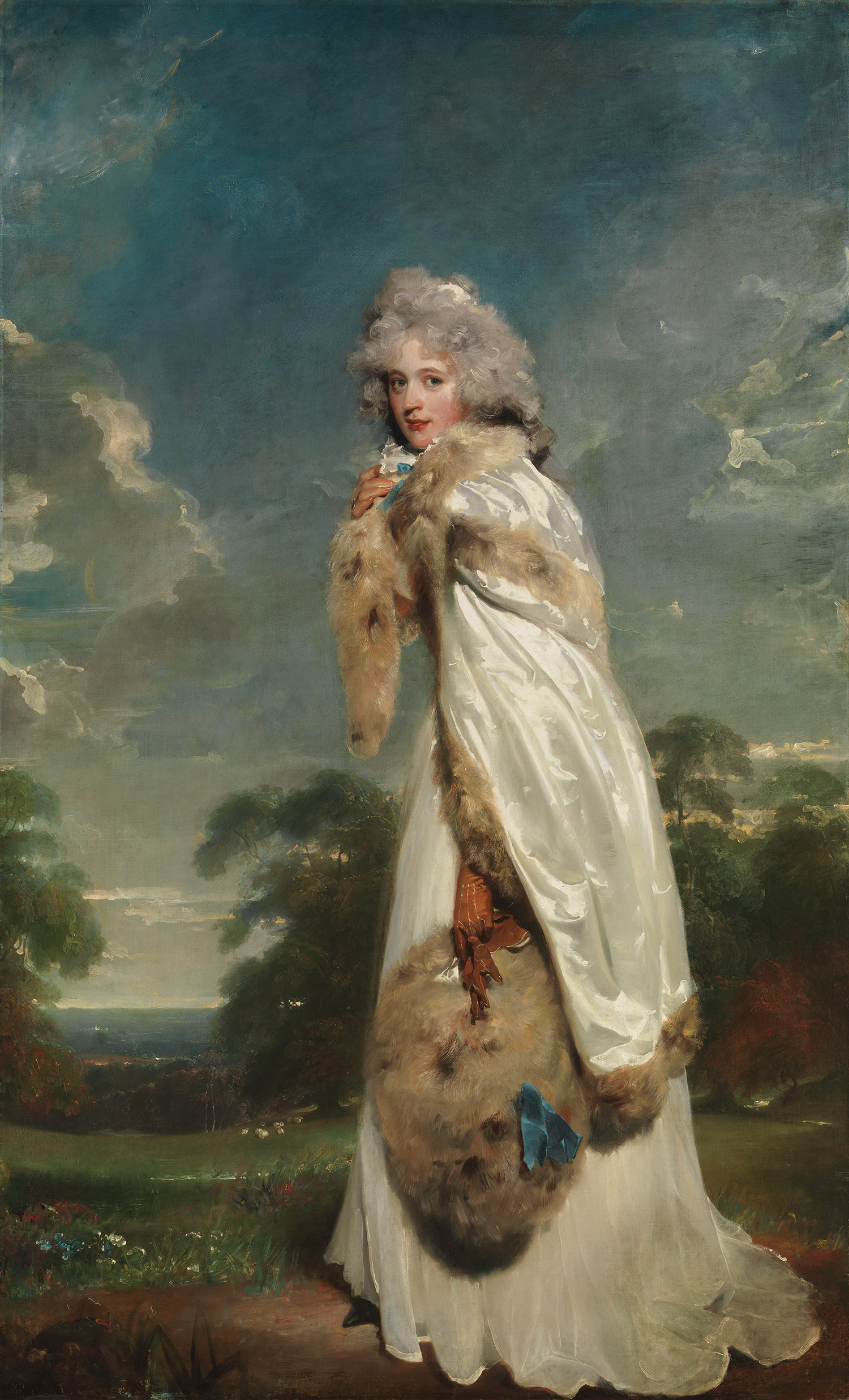On the subject of
scathing reviews, George Elliot, though not as vitriolic about one novel in particular, released her considerable hatred of silly novels in the absolutely brilliant essay "Silly Novels by Silly Lady Novelists". Though the Amateur Historian is not entirely sure if it was intended to do so, the essay also reads like a very good argument for female education. Educate ladies or they, in turn; will write incredibly stupid novels and give all female novelists a bad name.
The Amateur Historian almost wishes to copy-paste the entire thing, but have a few gems before going off to read this masterpiece yourself:
-The heroine's eyes and her wit are both dazzling; her nose and her morals are alike free from any tendency to irregularity.
-The men play a very subordinate part by her side. You are consoled now and then by a hint that they have affairs, which keeps you in mind that the working-day business of the world is somehow being carried on, but ostensibly the final cause of their existence is that they may accompany the heroine on her 'starring' expedition through life.
-The fair writers have evidently never talked to a tradesman except from a carriage window; they have no notion of the working-classes except as 'dependents'; they think five hundred a-year a miserable pittance; Belgravia and 'baronial halls' are their primary truths; and they have no idea of feeling interest in any man who is not at least a great landed proprietor, if not a prime minister. [Watch out Pitt the Younger!] It is clear that they write in elegant boudoirs, with violet-coloured ink and a ruby pen; that they must be entirely indifferent to publishers' accounts, and inexperienced in every form of poverty except poverty of brains.
-Their intellect seems to have the peculiar impartiality of reproducing both what they
have seen and heard, and what they have
not seen and heard, with equal unfaithfulness.
- We are not surprised to learn that the mother of this infant phenomenon, who exhibits symptoms so alarmingly like those of adolescence repressed by gin, is herself a phoenix... she can talk with perfect correctness in any language except English.
-This enthusiastic young lady, by dint of reading the newspaper to her father, falls in love with the prime minister, who, through the medium of leading articles and "the resumé of the debates," shines upon her imagination as a bright particular star, which has no parallax for her.... Perhaps the words "prime minister" suggest to you a wrinkled or obese sexagenarian; but pray dismiss the image. Lord Rupert Conway has been "called while still almost a youth to the first situation which a subject can hold in the universe," and even leading articles and a resumé of the debates have not conjured up a dream that surpasses the fact. [Either someone has fangirled William Pitt the Younger to an alarming extent and thus either 'forgot' that his emotional life more-or-less stopped developing as soon as he entered office and ignored the fact that he was more-or-less asexual, or they have decided that just any old 24-year-old can be Prime Minister without having a successful Prime Minister for a father, a genius for mathematics and economics, a childhood education structured around the goal of becoming Prime Minister or the extraordinary set of personality-driven power-struggles plaguing the House of Commons that paved Pitt's way to power.]
-(a quote from a novel): "Was this reality?"
Very little like it, certainly.
-He is not only a romantic poet, but a hardened rake and a cynical wit; yet his deep passion for Lady Umfraville has so impoverished his epigrammatic talent, that he cuts an extremely poor figure in conversation. When she rejects him, he rushes into the shrubbery, and rolls himself in the dirt.
-To judge from their writings, there are certain ladies who think that an amazing ignorance, both of science and of life, is the best possible qualification for forming an opinion on the knottiest moral and speculative questions. Apparently, their recipe for solving all such difficulties is something like this:–Take a woman's head, stuff it with a smattering of philosophy and literature chopped small, and with false notions of society baked hard, let it hang over a desk a few hours every day, and serve up hot in feeble English, when not required.
-In such cases, sons are often sulky or fiery, mothers are alternately manoeuvring and waspish, and the portionless young lady often lies awake at night and cries a good deal. We are getting used to these things now, just as we are used to eclipses of the moon, which no longer set us howling and beating tin kettles.
-A recent example of this heavy imbecility is, "Adonijah, a Tale of the Jewish Dispersion," which forms part of a series, "uniting," we are told, "taste, humour, and sound principles." "Adonijah," we presume, exemplifies the tale of "sound principles;" the taste and humour are to be found in other members of the series.
You can read the rest of Eliot's essay
here.





